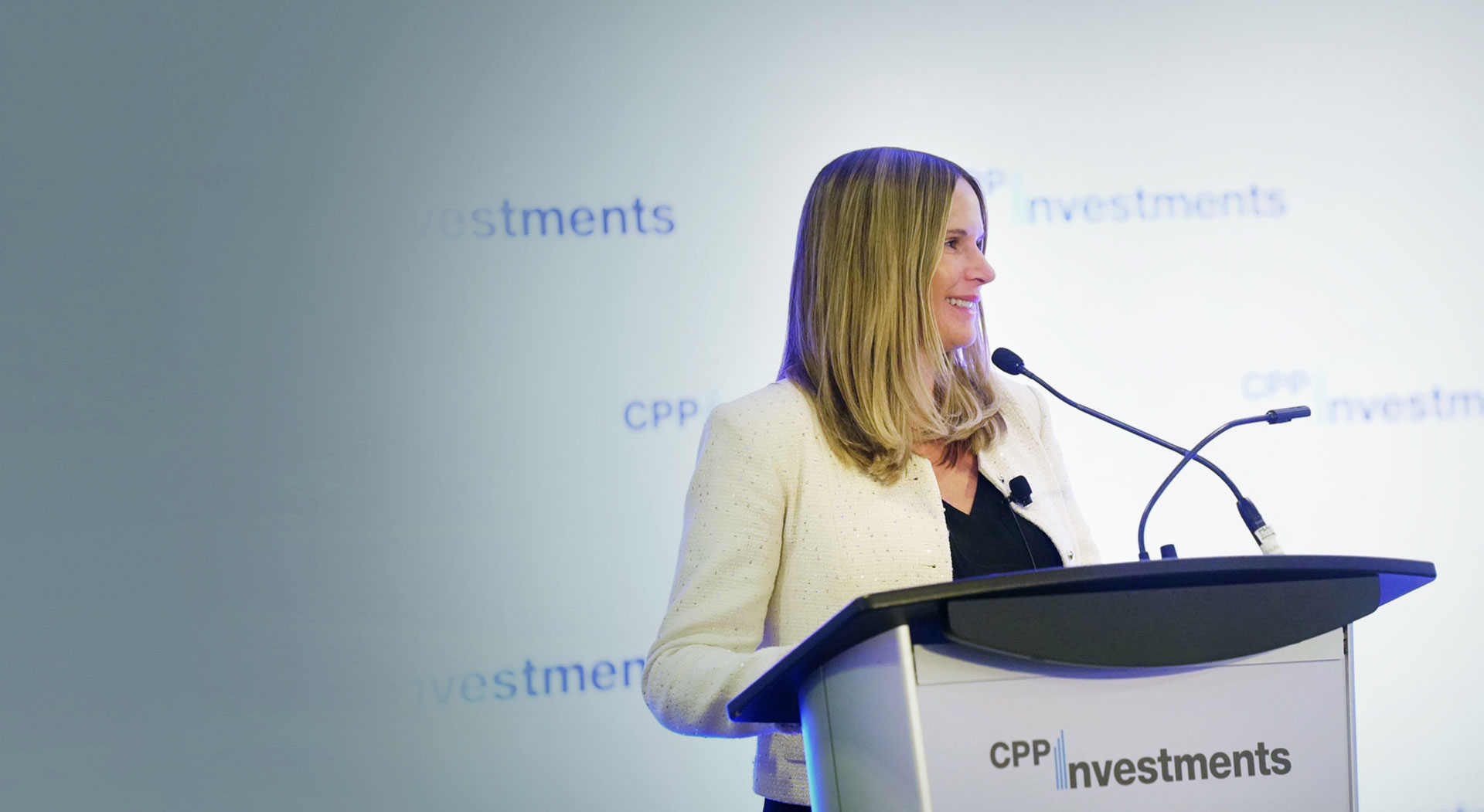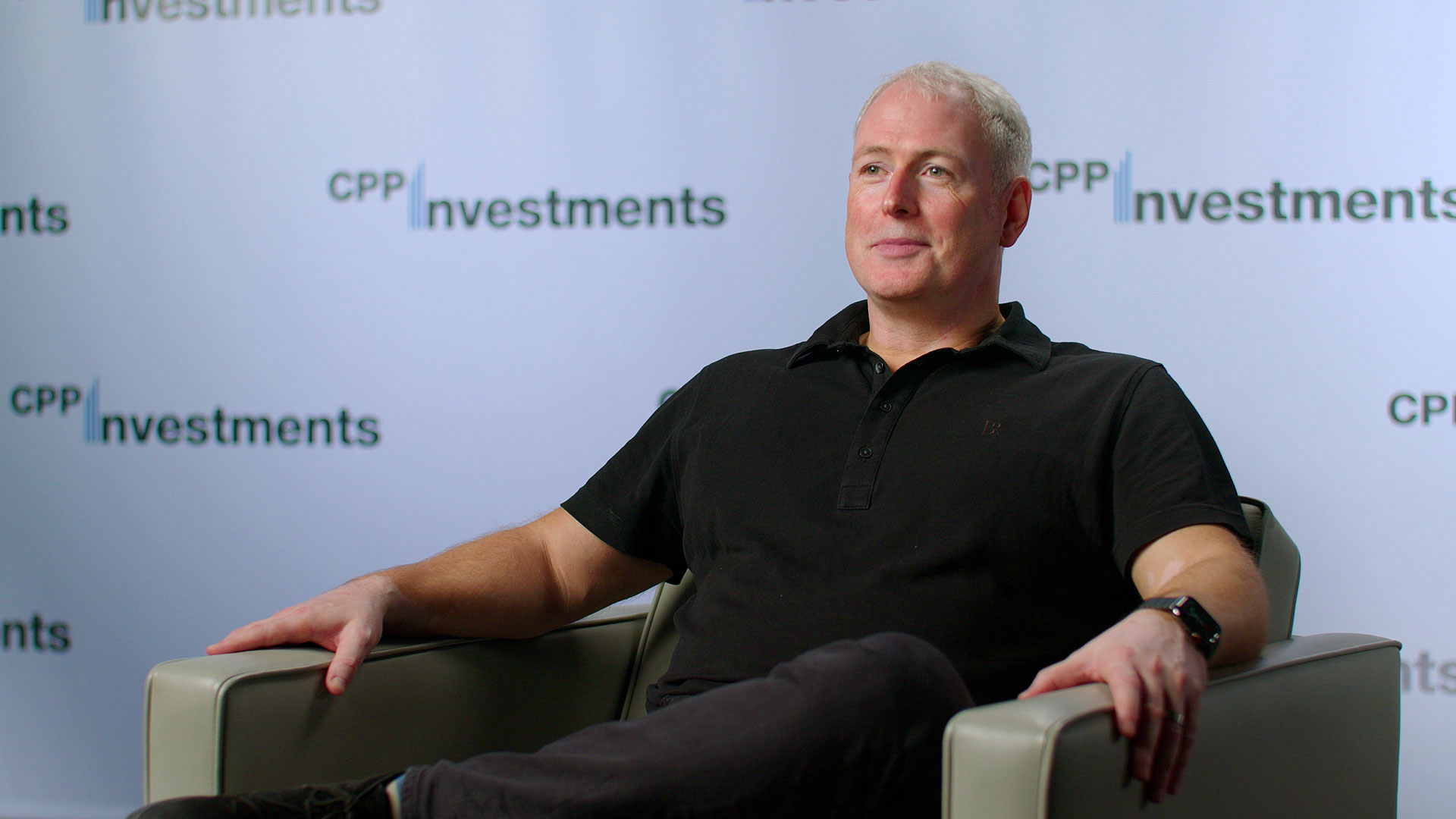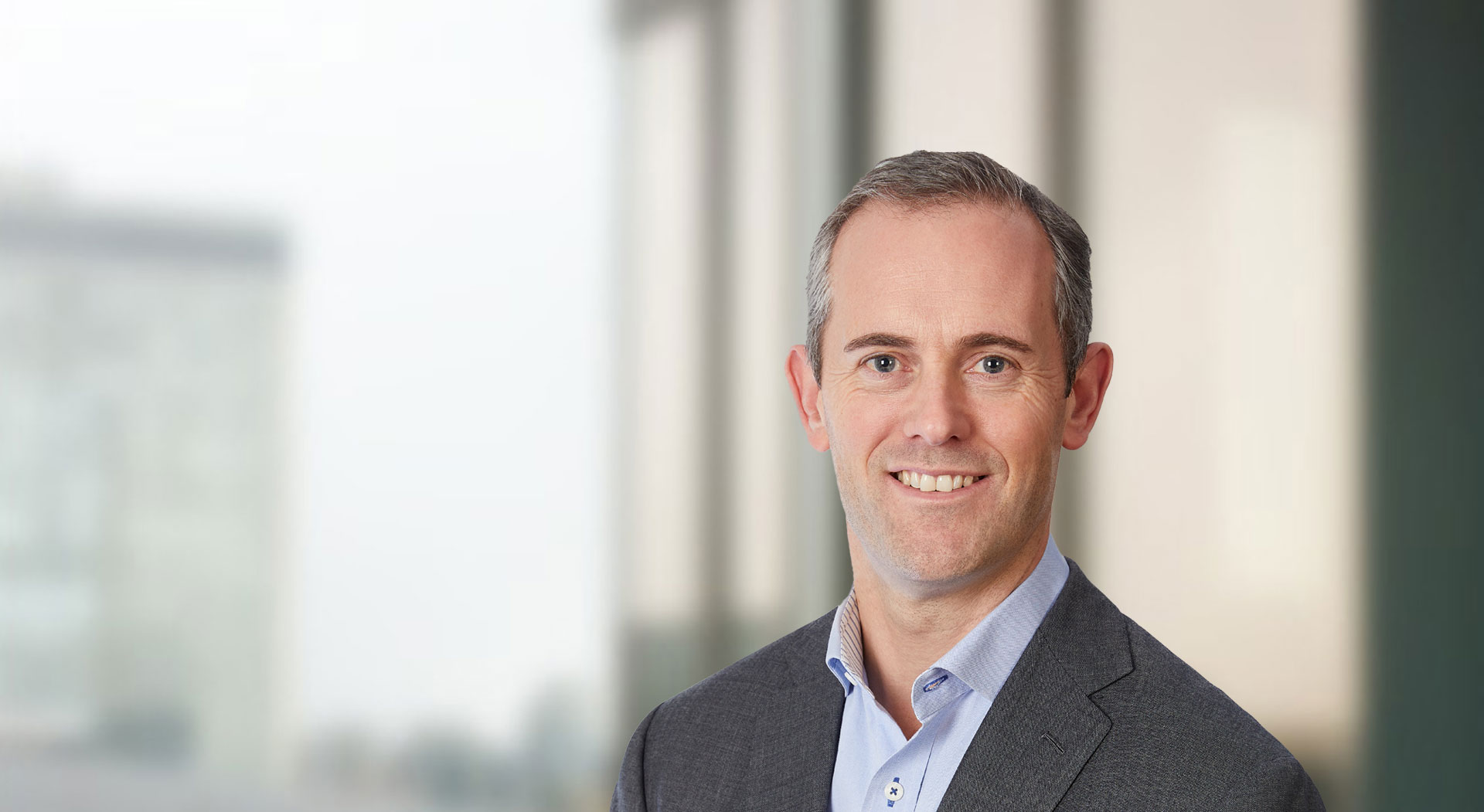As Managing Director & Head of External Portfolio Management at CPP Investments, Amy Flikerski and her team of forty, spanning offices in London, Toronto, New York, and Hong Kong, are responsible for a $60 billion global portfolio. In the latest episode of the Top Traders Unplugged ‘Allocators’ podcast, Flikerski discusses the evolution of the hedge fund industry, strategies suited to external management, and CPP Investments’ emerging managers program. She was recently named to Financial News’s list of the 100 most influential women in European finance.
*The following has been edited for clarity and brevity.
How do you see the role of external portfolio management within CPP Investments’ overall ($600 billion) portfolio? Is it a kind of a volatility dampener?
Amy Flikerski: Our external portfolio management team (EPM) seeks a return profile that’s a little bit different compared to other strategies at CPP Investments. EPM is absolute return-focused and has more consistent volatility than some of the long strategies like infrastructure investing or direct private equity. It has those properties of, hopefully, convexity as well as being adjusted for volatility. And it’s coming from different sources than those more beta-oriented, market-oriented types of (typically) equity exposures.
Some allocators have said the changed macro environment in the last number of years—following COVID and amid more volatility in rates—has made this a more favourable environment for hedge funds.
Amy Flikerski: We definitely agree with that sentiment; higher rate environments ensure a healthy level of volatility, and prompt more dispersion across security types and asset classes.
Any observations on the evolution of the hedge fund landscape in the 12 years you’ve been at CPP Investments?
Amy Flikerski: I’ve been in the space for over 20 years and during that time I’ve seen a lot. The market has evolved; some of the large managers of the past have been acquired, merged or just shut as founders retire or as there’s difficulty determining succession plans. There’s no ability to coast along just because groups have a lot of assets under management, and I think we’re very attuned to that as fund investors. As of late we’ve seen a big rise of platforms in terms of scaling, growth and talent, and how the pass-through model is impacting the industry.
Within CPP Investments, which strategies lend themselves to being done internally versus sourcing managers externally?
Amy Flikerski: We’ve always run our investment efforts in parallel. We’ve historically thought of external allocations a kind of completion exposure: allocating into strategies that wouldn’t be able to be done internally, whether those are quantitative strategies that require a lot of specialized infrastructure, as well as talent, speed, modelling et cetera.
We do some degree of internal quant investing around risk premia. Externally, we would probably look at more event-driven, catalyst-driven types of fundamental managers, with shorter duration investment horizons, whereas our internal active equities colleagues are looking at the longer horizon, larger positions.
We run internal investing where we have the skill set as well as capabilities.
CPP Investments has had a well-established emerging manager program for nearly 10 years. What was the rationale for introducing your emerging manager program and how do you think about making allocations to emerging managers?
Amy Flikerski: We established the dedicated emerging manager program in 2016, but prior to that we had been investing in emerging managers outside of the dedicated program. I should define how we think about emerging managers. This is purely looking for best-in-class investors that are newly launched. We also think of this as capital acceleration, which could be a manager a few years after the initial launch, who’s looking to take in a large investor. A day-zero type investment would be more of a seed, where the anchor investor will take revenue share to mitigate the early-stage risks. Whereas with capital acceleration, we are looking more for the founder’s life terms.
Emerging manager investing, which allows us to invest early, secures future capacity rights and early-stage performance. Emerging manager investing is a complement to the core fund managers in which invest, and strong performing emerging managers can ‘graduate’ to the core program.
What is the typical profile of an emerging manager?
Amy Flikerski: Our framework is around people, process, performance. That’s pedigree, that’s the repeatability of the strategy they’re employing. We’ve invested in traders or investors who came out of banks, people who have a very high profile and came out of large hedge funds themselves. We’ve also invested sometimes in number two-type portfolio managers who feel ready to launch their own groups.
Performance information can always be a bit of a pastiche. We may have a track that’s vetted and sometimes we have very little or nothing.
How do you think about the portfolio construction and turnover within it?
Amy Flikerski: We’re definitely longer-hold investors. But we’re not just investing forever and that’s it. We’re on top of the day-to-day and we’re always evaluating. We do, for example, a quarterly review of the entire portfolio.
If something has shifted to the negative, we try to work through that. On occasion we’ve been very quick, but on balance we tend to give more time rather than less for managers to work out performance, team or strategy issues. It’s roughly a two- to three-year initial horizon, but we’ve had managers in the program who’ve been there for over a decade.
Listen to the full podcast.
5 Key Trends: The 2024 Sustainable Energies Group CEO Summit
It’s a tricky balancing act: rapidly decarbonizing the global energy supply while ensuring access to affordable and secure energy for
Four Minutes with Jon Webster
Jon Webster, Senior Managing Director & Chief Operating Officer, shares his views on building technological fluency, finding products that
Now’s the time for firms to adopt global sustainability standards
Richard Manley, CPP Investments' chief sustainability officer, reflects in a new Financial Times article.







